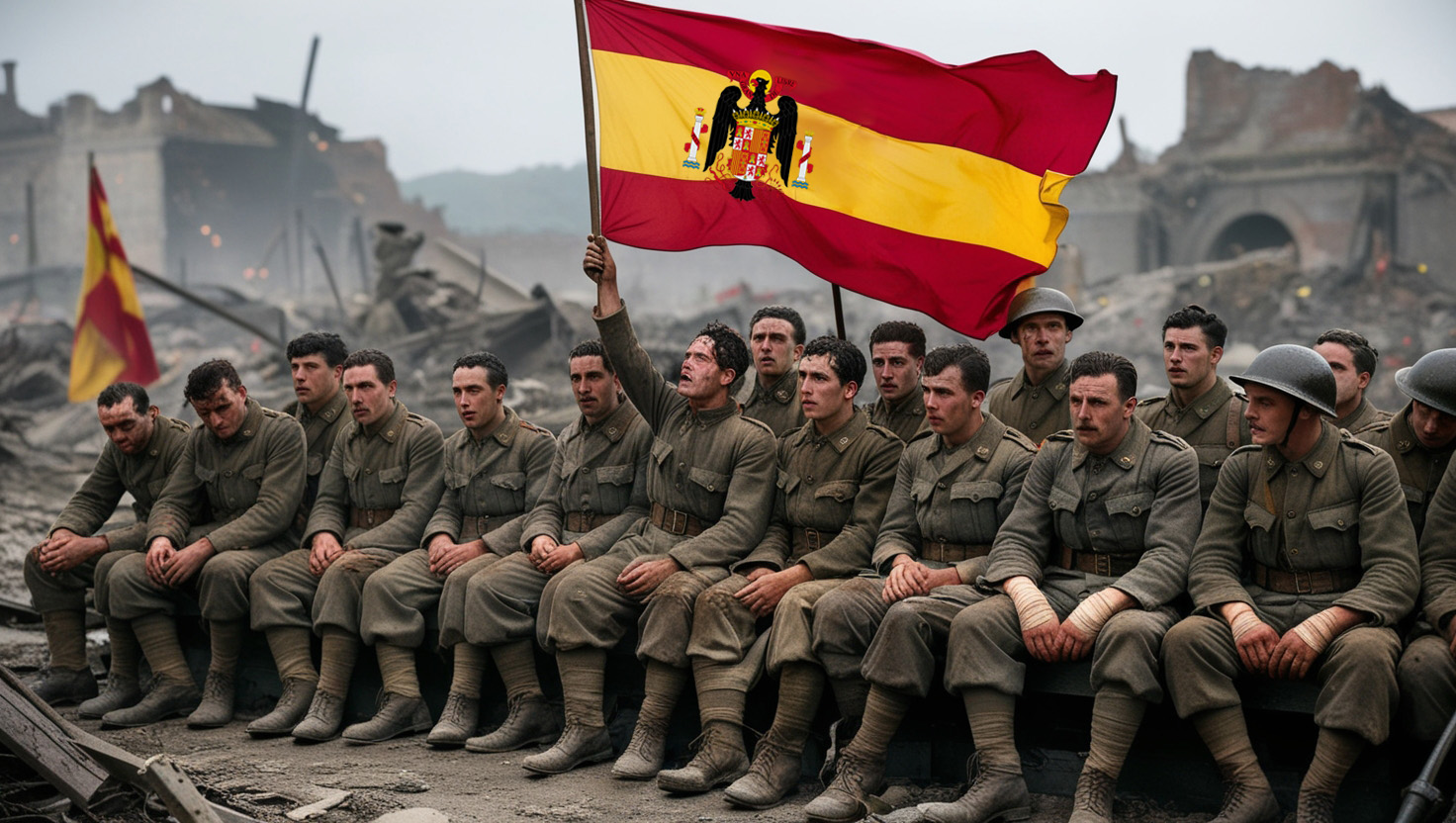Vladimir Putin has been a dominant figure in Russian politics for over two decades, shaping the nation’s trajectory with his distinctive leadership style. From consolidating power and centralizing authority to navigating complex international relations, Putin’s influence on Russia is undeniable. But what if this era of Putin’s dominance came to an abrupt end? What if Vladimir Putin lost power? In this blog post, we explore this captivating question, delving into the potential ramifications of such a seismic shift in Russian politics. We’ll examine three distinct scenarios: resignation, assassination, and overthrow, each with its own set of immediate and long-term consequences.
Scenario 1: Resignation
In our first scenario, we explore the possibility of Vladimir Putin voluntarily resigning from power. This could happen for a variety of reasons, such as declining health, diminishing popularity, or increasing internal pressure. Putin has been in power for over two decades, and the strain of ruling such a vast country could lead him to consider stepping down. If he were to do so, the transition would likely involve one of his loyalists, such as Dmitry Medvedev or Sergei Shoigu, taking the reins. While this might initially appear as a peaceful handover, the underlying power structures within Russia would remain largely unchanged, with Putin’s inner circle continuing to wield significant influence.
On the international stage, Putin’s resignation could be perceived as an opportunity for improved relations, particularly with Western countries. There might be a short-lived sense of hope that tensions could ease, leading to diplomatic talks and a potential reduction in sanctions. However, even if a new leader emerges, the nature of Russian politics is unlikely to change dramatically. Political opposition may face limited freedoms, and any attempts at reform could be met with resistance from entrenched elites. Ultimately, Russia would likely remain an authoritarian state, but with subtle shifts in governance that may open space for a more managed form of dissent or change, though on Russia’s terms.
Scenario 2: Assassination
In the second scenario, we explore the dramatic and unsettling prospect of Vladimir Putin being assassinated. This could happen due to internal betrayal, political opposition, or even an external plot. The immediate aftermath of such an event would be chaotic, with power struggles erupting within the Kremlin. Political factions and rival groups would vie for control, leading to potential instability and uncertainty in Russia. This turmoil would likely provoke widespread civil unrest, as people across the country grapple with the loss of their leader. The situation would also be complicated by fear of further violence or instability, making it difficult for the country to find unity in the short term.
Globally, the assassination would spark alarm, with immediate consequences for military and diplomatic relations. Countries would closely monitor the situation, as the potential for conflict escalates, especially in regions like Ukraine. Energy markets would react sharply, and global oil and gas prices could surge as Russia’s stability is thrown into doubt. The power vacuum could also lead to the emergence of a new leader, possibly someone more authoritarian or even more radical, depending on who takes control. This scenario would not only destabilize Russia but could significantly alter international relations, potentially reigniting tensions with NATO and the West or leading to unpredictable shifts in foreign policy.
Scenario 3: Overthrow
In this scenario, we explore the possibility of Vladimir Putin being overthrown through a coup or widespread protests. This dramatic shift could stem from growing discontent within Russia, fueled by economic struggles, dissatisfaction with government corruption, or a strong opposition movement gaining momentum. If Putin’s regime were toppled, the immediate aftermath would likely be marked by a power vacuum, with various factions, including military leaders and oligarchs, fighting for control. The country would likely experience increased public unrest, possibly resulting in violent confrontations and crackdowns as rival groups vie for dominance. The transition period would be extremely uncertain, with citizens and political actors alike grappling with the sudden collapse of their long-standing leadership.
The long-term consequences of such an overthrow could be profound, not just for Russia but for the international community as well. A new leadership, whether reformist or authoritarian, could drastically alter Russia’s domestic and foreign policies. The war in Ukraine would become a critical factor, with the new regime deciding whether to continue escalating the conflict or seek peace in an effort to stabilize the nation and improve international relations. Globally, NATO and neighboring countries would closely watch Russia’s next steps, preparing for either renewed aggression or diplomatic overtures. Internally, the struggle for power and control over Russia’s vast resources could lead to further instability, potentially fracturing the country into competing regional power centers.
Internal Dynamics and Broader Implications
The internal dynamics of Russia following Putin’s loss of power could be complex and divisive. With a new leader at the helm, Russia could experience significant fragmentation, as various regions or factions may seek greater autonomy or even attempt to break away from central authority. The central government’s control could weaken, leading to a rise in regionalism or separatist movements, especially in areas with ethnic or historical tensions. The internal struggle for power among elites and military figures could exacerbate the country’s instability, resulting in competing political groups battling for influence. This environment of chaos and competition could severely disrupt Russia’s political system, making it difficult for the country to function cohesively in the aftermath of Putin’s departure.
At the same time, the emergence of a new leadership could create an opportunity for reform, especially if a more progressive or reformist figure comes to power. Efforts to modernize Russia’s political system, economy, and society might face resistance from entrenched elites who have benefited from the current regime. This internal political polarization could lead to heightened tensions and even violent conflicts between opposing groups. The direction Russia takes would depend on how the new leadership handles these challenges, balancing the demands for reform with the need for stability. Ultimately, the internal implications of Putin’s loss of power could shape the country’s future trajectory, determining whether Russia moves toward greater political openness or further entrenches its authoritarian nature.
Conclusion
If Vladimir Putin were to lose power, Russia could face significant internal instability, with the potential for fragmentation. The country’s vast size and regional disparities could spark increased demands for autonomy, particularly in areas with distinct ethnic identities or historical grievances. This could lead to rising separatist movements or power struggles between regional leaders and the central government. The political landscape might become more fragmented, with rival factions—military elites, oligarchs, and political opposition—fighting for influence and control. This internal struggle for power would likely create an environment of uncertainty, weakening the state’s ability to maintain law and order, which could further alienate the population and fuel unrest.
Along with potential fragmentation, a change in leadership could open the door for internal reforms aimed at modernizing Russia’s political and economic systems. However, these changes could face stiff resistance from entrenched elites who benefit from the current order. The ability to implement reforms would depend largely on the new leadership’s legitimacy and ability to balance competing interests within Russia. Political polarization and protests might escalate as various groups vie for influence, possibly leading to violent clashes. Whether Russia moves toward greater political openness or remains under an authoritarian regime would depend on how the new government navigates these challenges and whether it can stabilize the nation amid political turbulence.
To delve deeper into these fascinating scenarios and explore the potential outcomes in greater detail, be sure to watch our full video on Uncharted History. Join us as we unravel these possibilities and invite you to ponder the future of Russia without Vladimir Putin. Watch the video here:



